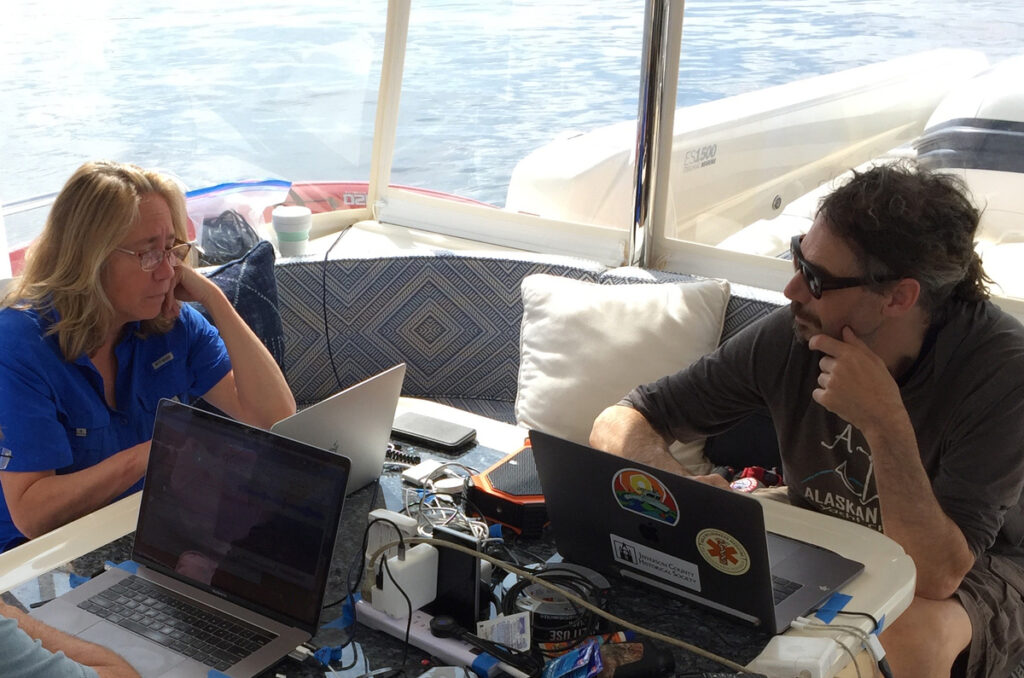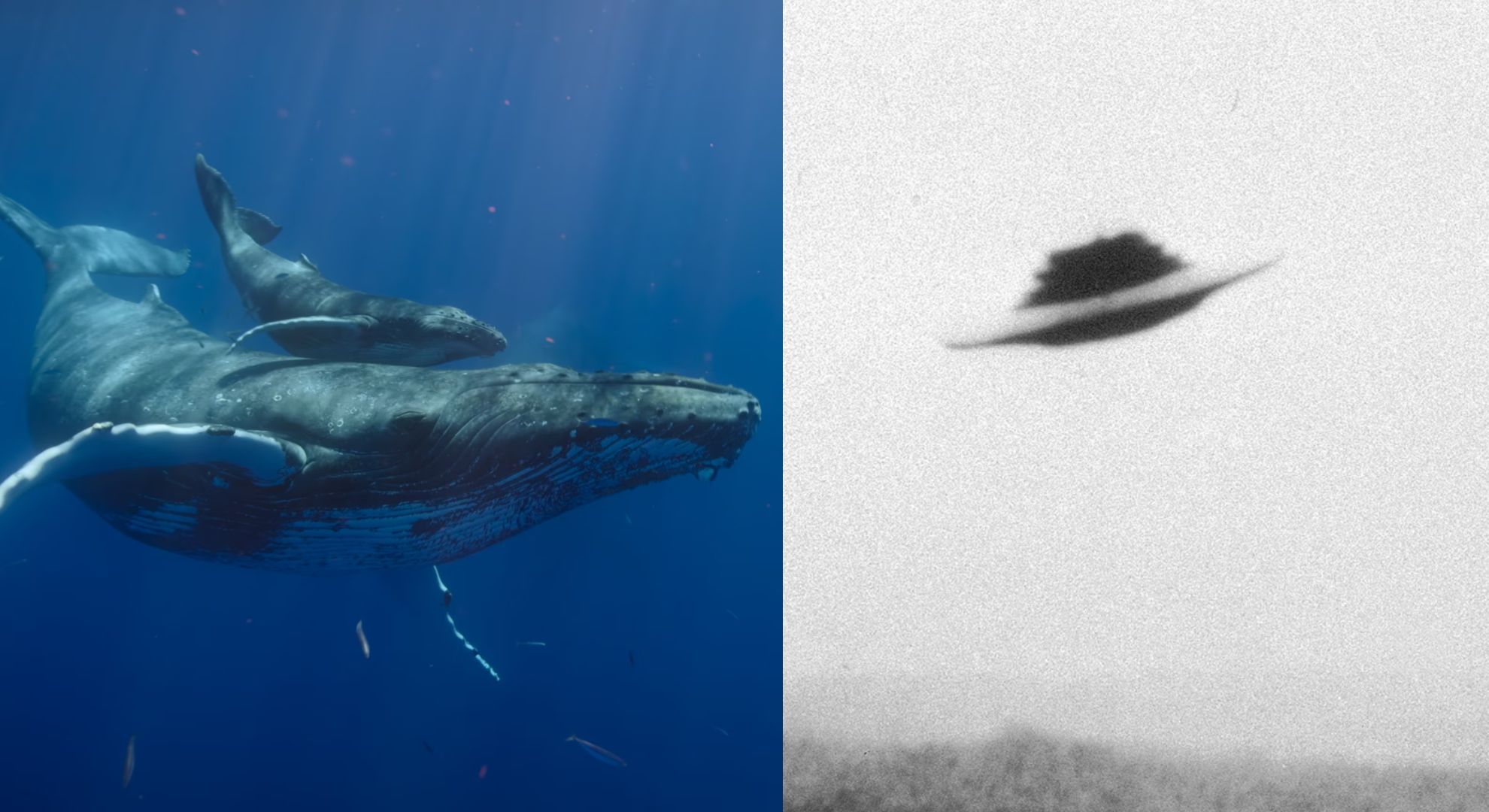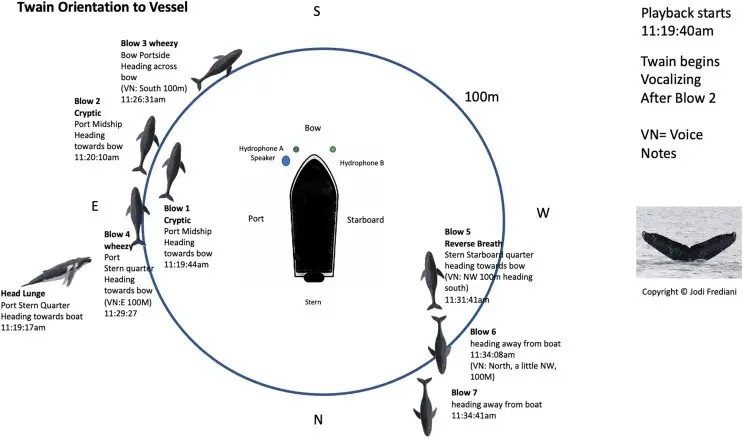If you’re an avid fan of science fiction and extraterrestrial themes, maybe this is the time to get ready with your communication skills and equipment to interact with possible extraterrestrial species.
A group of scientists from the SETI Institute, University of California Davis, and the Alaska Whale Foundation, experienced a close encounter with a non-human intelligence with a whale.
In August 2021, an extraordinary exchange happened between the scientists and a female humpback for about 20 minutes in southeast Alaska. According to a study, the group of researchers played a recorded humpback “contact” call underwater through a speaker, drawing the mammal to their boat.
The SETI Institute news release mentioned that Twain, the humpback whale, approached and circled the team’s boat and continuously replied in a conversational style to the whale’s greeting signal.
Twain responded to each 36 playback calls from the speaker and matched the interval variations between each signal.
“It certainly felt like we had been heard,” Fred Sharpe, co-author and principal investigator with the Alaska Whale Foundation, said. “And we hope that she felt the same way, too.”
The team has been studying humpback whale communication systems in hopes of developing intelligence filters for the search for extraterrestrial intelligence.
“We believe this is the first such communicative exchange between humans and humpback whales in the humpback “language,” said lead author Dr. Brenda McCowan of U.C. Davis.
“Humpback whales are extremely intelligent, have complex social systems, make tools – nets out of bubbles to catch fish -, and communicate extensively with both songs and social calls,” said coauthor Dr. Fred Sharpe of the Alaska Whale Foundation.

Laurance Doyle, an investigator at the SETI Institute and also coauthor of the paper, mentioned the implications of the study were out of this world.
The whale’s actions might be a signal or indicator of how alien races could make contact with the people, Doyle explained. It’s similar to how Antarctica is studied as a proxy for Mars.
In a SETI press release, Doyle said, “Because of current limitations on technology, an important assumption of the search for extraterrestrial intelligence is that extraterrestrials will be interested in making contact and so target human receivers. This important assumption is certainly supported by the behavior of humpback whales.”
The Whale-SETI team is collaborating with the UC Davis and Alaska Whale Foundation personnel to make filters that could help them locate inhabits from another planet.
In a Business Insider report, Doyle told them that researchers do not want to miss any potential signals that aliens are using in an attempt to contact people.
“There are diverse intelligences on this planet, and by studying them, we can better understand what an alien intelligence might be like because they’re not going to be exactly like ours,” McCowan told the outlet.
Other POP! stories that you might like:
Snoozing on your alarm makes you mentally sharper, study claims
Aurora Borealis sighted in Japan for the first time in 2 decades
Golden mole species thought to be extinct rediscovered in South Africa after 86 Years
‘My loneliness is killing me’: Loneliness is as harmful as smoking 15 cigarettes a day, says study




